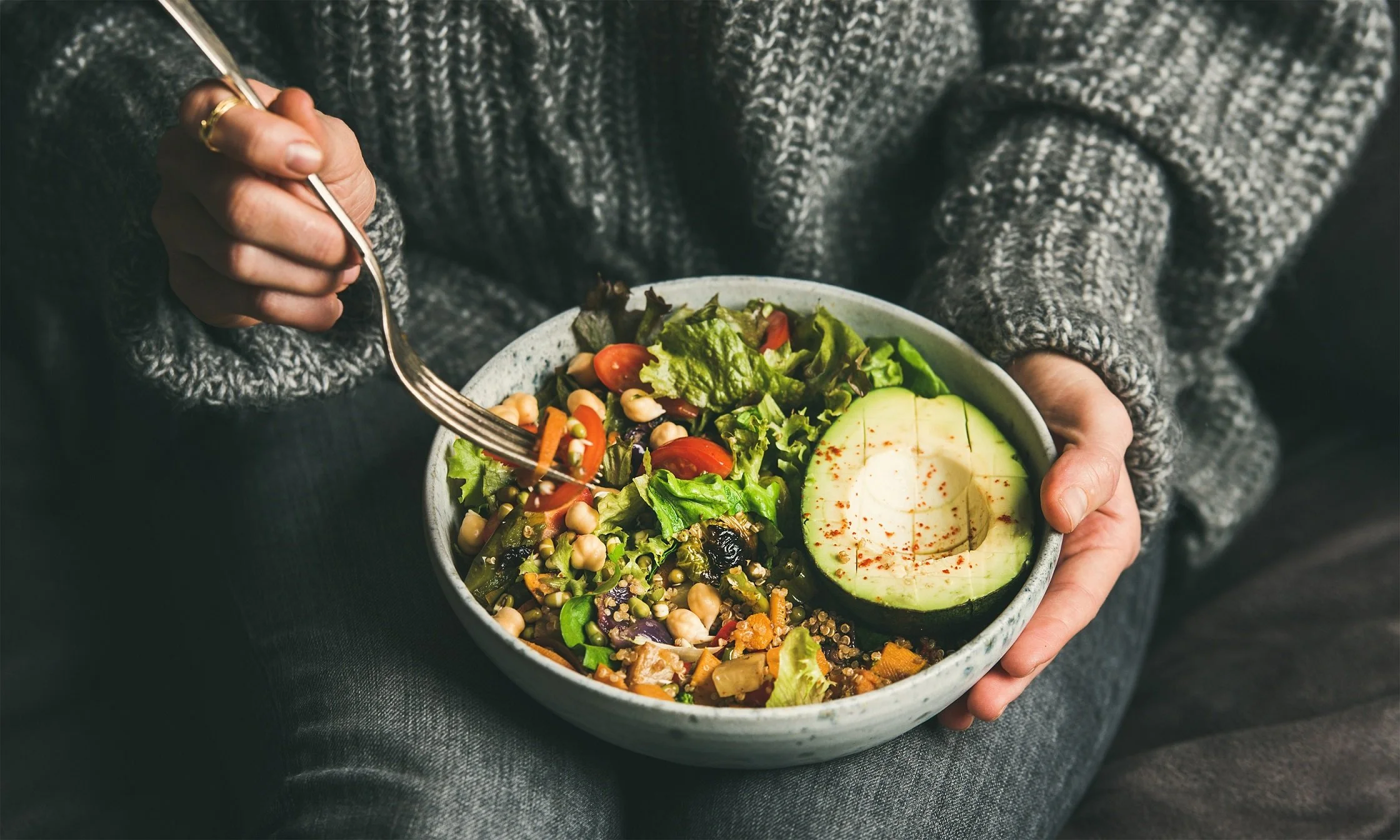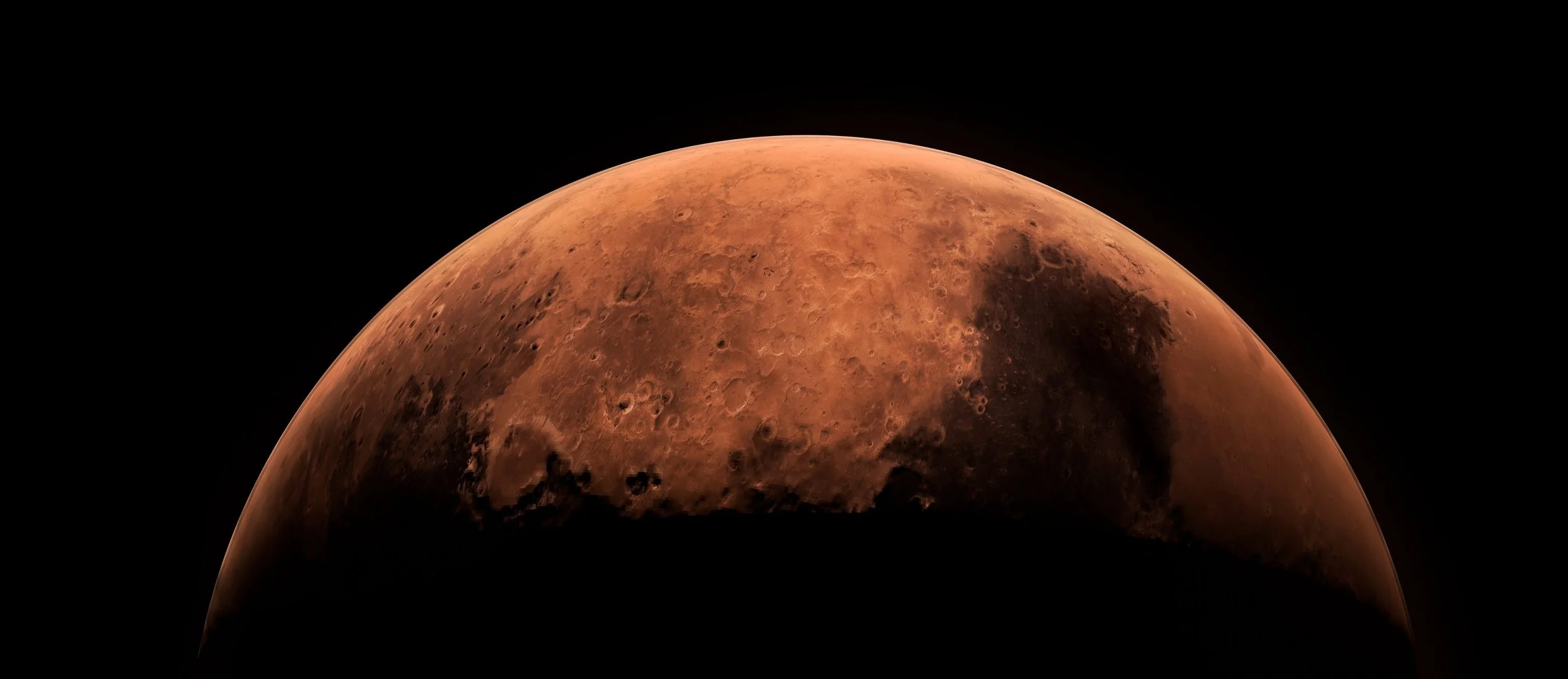While plant-based diets come with a myriad of health benefits, there's more to the picture than meets the eye. Research reveals that individuals following a vegetarian diet have a 50% higher likelihood of experiencing a hip fracture compared to those who consume meat regularly.
This puzzling correlation was uncovered through the analysis of data from well over 400,000 individuals in the UK Biobank by scientists at the University of Leeds. The team published their findings in the peer-reviewed science journal BMC Medicine.
In this article, we will discuss the findings and provide some tips to enhance vegetarian diets to mitigate risk of bone fractures.
Image Credit: Foxys Forest Manufacture via Shutterstock / HDR tune by Universal-Sci
The study
The research team dug into health data from the UK Biobank covering over 400,000 individuals in the UK. They sorted these people into groups: meat-eaters, people who only eat fish (pescatarians), and vegetarians, including those who are vegan.
Vegetarians were found to experience hip fractures more frequently than those who eat meat several times weekly or more. Similarly, pescatarians – those who avoid meat but consume fish – also had fewer instances of hip fractures compared to vegetarians.
On average, vegetarians had a higher risk of breaking a bone anywhere in their body. But it was the hip fracture risk that stood out in particular as it was about 50% higher compared to non-vegetarians.
Why are vegetarians have a higher risk of bone fractures?
The researchers hypothesize several contributing factors to explain this heightened risk among vegetarians.
It was noticed that vegetarians commonly have a lower Body Mass Index (BMI), which is a measure of body fat based on height and weight. People with lower body weights are more likely to fracture their bones.
Lower BMI
Low BMI on its own isn't enough to explain everything, though, as mediation analyses suggest that BMI only explained 28% of the observed risk difference between vegetarians and regular meat-eaters
Lower protein and key vitamin intake
The team thinks additional causes might be related to the fact that, in this study, vegetarians consumed less dietary protein, iron, iodine, niacin, selenium, vitamin B12, and vitamin D than other diet groups.
While not directly related to bone health, iron deficiency can lead to anaemia, which can, in turn, impact overall health and indirectly affect the bones. In addition, vegetarians often don't take in as much protein as recommended for adults each day, which could also be a reason why they may have more fractures.
Strengths and limitations of the study
This research stands out for its scale and comprehensiveness. It made use of a broad array of lifestyle data, and the long follow-up duration helped minimize the potential for misclassification and loss to follow-up.
However, like all research, this study has certain limitations. These include the limited number of vegans in the study, potential variations in diet quality within and between diet groups, and an overall healthier risk profile among the participants compared to the average British population, potentially restricting the generalizability of the study's findings.
What can vegetarians do to limit the risk of bone fractures?
Although not all contributing factors are clear, an important lesson that vegetarians can learn from this research is that they should consider paying extra attention to their BMI and protein consumption. A healthy Body Mass Index and a balanced diet keep bones and muscles healthy and counteract the increased risk of hip fractures.
Proteins in vegetarian food
There are numerous vegetarian foods with relatively high protein levels. Think of soy products like tofu, tempeh, and edamame. In addition, Legumes and various nuts and seeds also provide an excellent source of protein; think of beans, lentils, nuts, and seeds like walnuts and almonds.
Vitamin B12 in vegetarian food
The primary foods which provide vitamin B12 are derived from animals, such as dairy products and eggs. For people not eating any animal products, yeast extract and other fortified/supplemented foods such as breakfast cereals, soya milks, soya/veggie burgers, and vegetable margarines are all good sources.
Iron in vegetarian food
Vegetarian diets can also provide a wealth of iron-rich options. Examples are legumes, including lentils, chickpeas, soybeans, and lima beans, which are top choices.
One can also consider leafy greens such as kale, spinach, and collard greens. However, their oxalate content can reduce iron absorption. Combining these vegetables with a vitamin C source can enhance iron absorption.
Aim for variation - (Image Credit: marilyn barbone via Shutterstock / HDR tune by Universal-Sci)
Future research
For future research, the team wants to dig deeper into why vegetarians might have a higher risk. This could lead to better dietary guidelines and advice for maintaining a healthy weight, lowering the risk of fractures, especially hip fractures, among vegetarians.
As always, we have linked the source paper below our article for those that would like to dig deeper into the ins and outs of the research.
Sources and further reading:
Risk of hip fracture in meat-eaters, pescatarians, and vegetarians: a prospective cohort study of 413,914 UK Biobank participants (BMC Medicine)
Body mass index as a predictor of fracture risk: a meta-analysis (National Library of Medicine)
Interaction of vitamin C and iron (National Library of Medicine)
Eat your vegetables – studies show plant-based diets are good for immunity (Universal-Sci)
Too busy to follow science news during the week? - Consider subscribing to our (free) newsletter - (Universal-Sci Weekly) - and get the 5 most interesting science articles of the week in your inbox
FEATURED ARTICLES:








The way you prepare your vegetables affects their nutritional value. What is the healthiest method to prepare them?